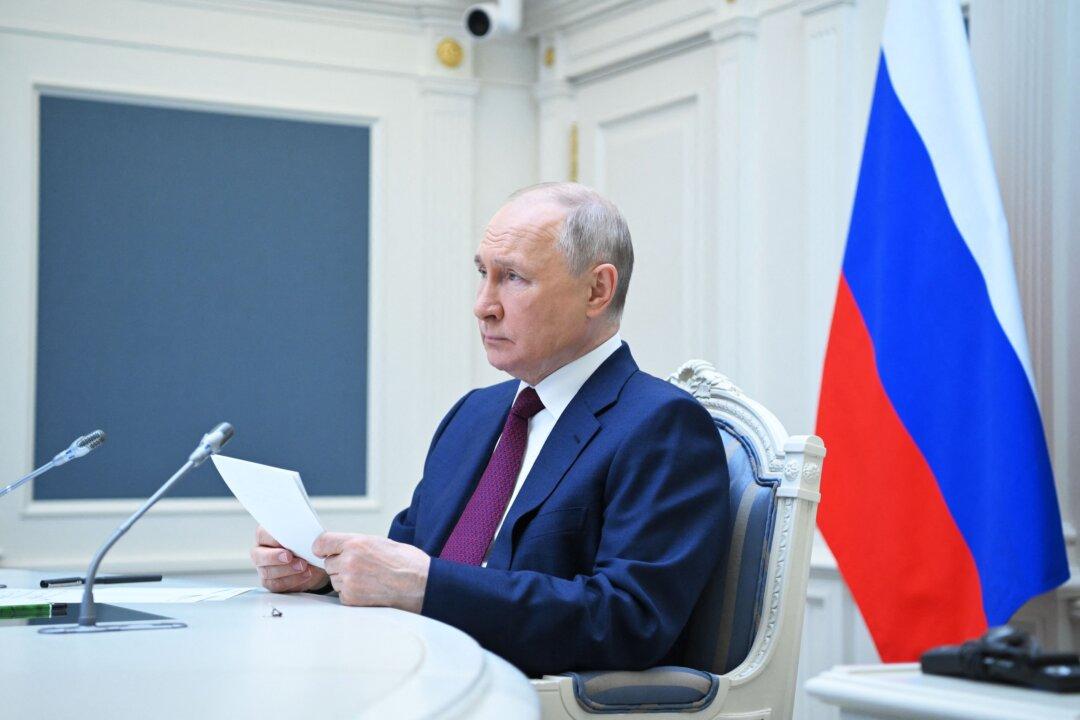China’s communist leadership believes that Russia is its most important partner and seeks to jointly undermine the international order, according to one expert.
Chinese Communist Party (CCP) leader Xi Jinping is therefore seeking to deepen ties with Russian President Vladimir Putin to better undermine the United States and the international order that it leads, Patricia Kim, a fellow at the Brookings Institution think tank, said.




